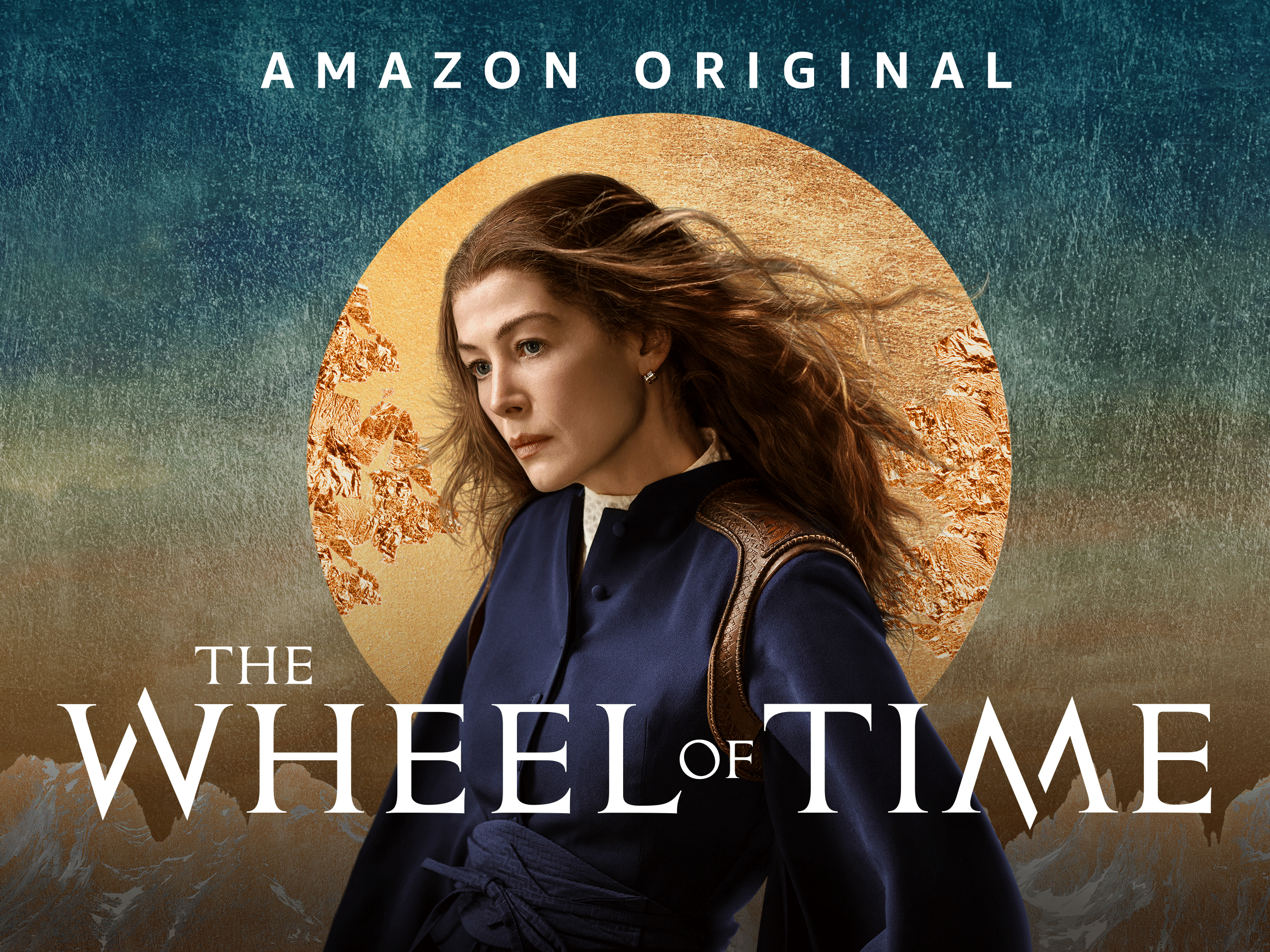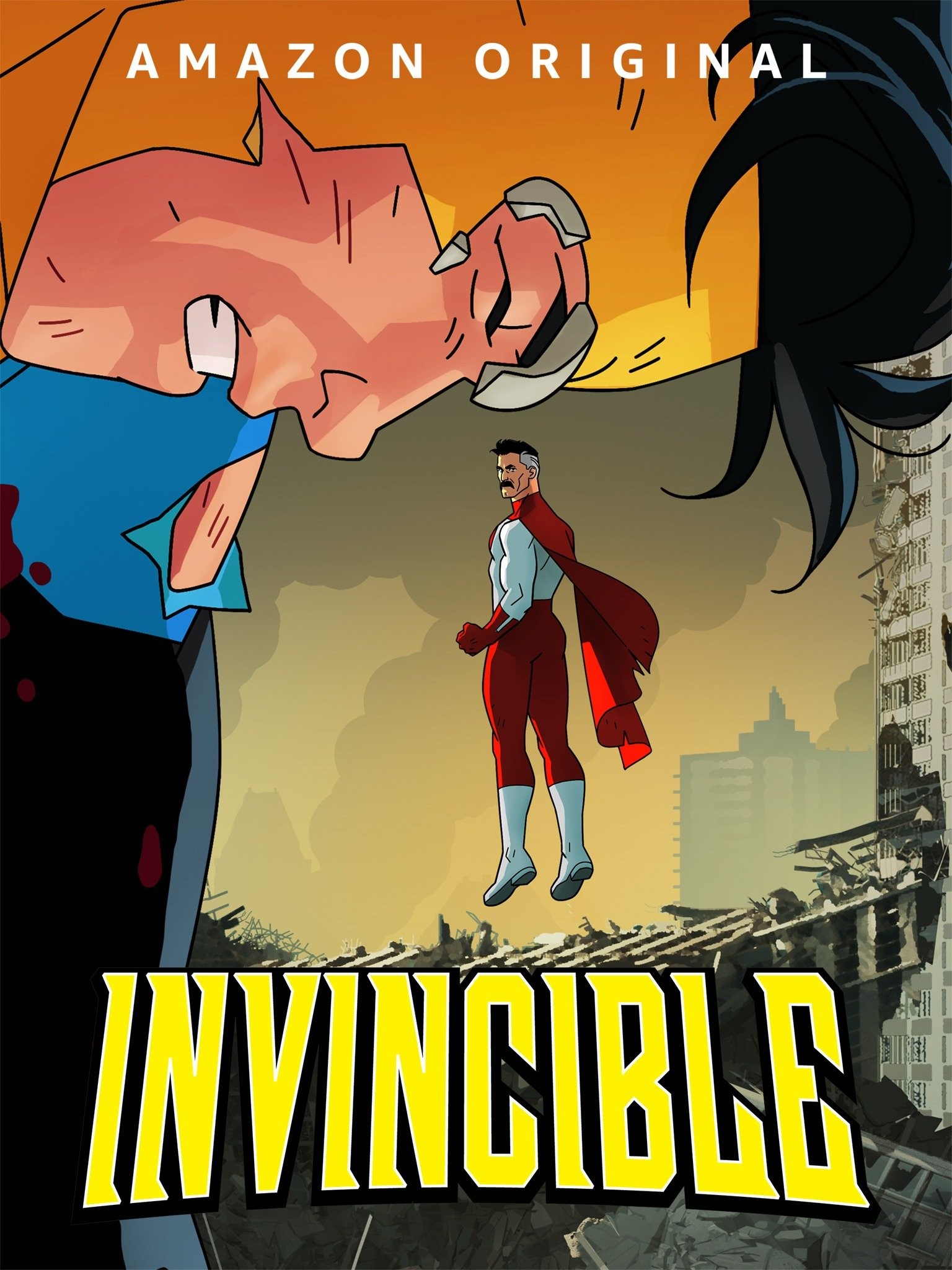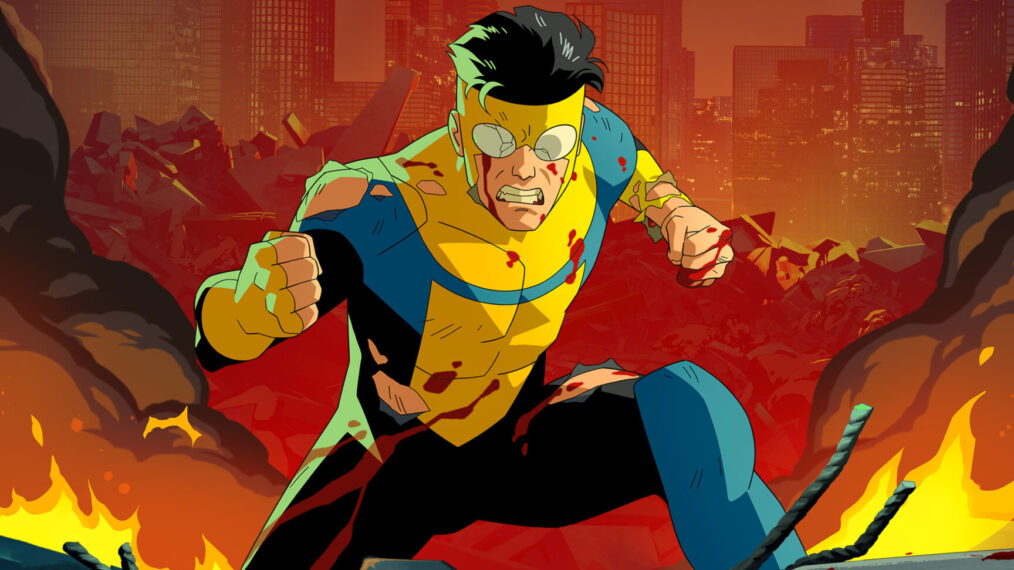The Boys is a brand-new superhero drama on Amazon. It is dark and gritty, and ultraviolent. It’s difficult to reject that we live in an age controlled by the superhero. That traditional Superman chestnut, “Look up in the sky!”, feels as apropos as ever when you can’t drive down a significant roadway without seeing posters for the latest Marvel or DC franchise like Avengers or Wonder Woman. They rule the box office and they rule the popular culture conversation.
Adapted by Seth Rogen, Evan Goldberg, and Eric Kripke from the Dynamite comic series by writer Garth Ennis and Darick Robertson, the eight-episode Amazon series has a wickedly sharp eye for what a real contemporary age of superheroes would look like. Costumed vigilantes include an army of press agents to craft public apologies. Significant media corporations set up the crime-stopping “team-ups” that would drive the optimal quantity of social media engagement.

Superheroes are such familiar territory, such an overdetermined premise, that this program’s appeal (or lack thereof) might well feel already decided for many audiences. In Between The Dark Knight, Jessica Jones, Watchmen, Daredevil, and more, a show that asks the concern “What if superheroes … were bad?” does not have the revolutionary edge it used to. The Boys takes the idea of a world where superheroes are real and follow it to the logical extension of superheroes who are human.
Troubled and disillusioned, Hughie is an ideal recruit for Butcher, who employs the sad lad in a scheme to reduce all of The Seven and their ominous benefactors Vought International. That’s not all that is happening as Starlight and her story is just as engaging.
Starlight (Erin Moriarty) is overwhelmed by the experience of walking into the 7’s stunning headquarters, awed by the grandiosity of it all. Her awe changes to disillusionment when the Deep (Chace Crawford), unzips his pants and makes clear that Starlight is anticipated to perform actions in addition to saving people from burning structures.
In the comics, Annie’s degradation was treated as a paradoxical joke, but the show treats her experience as something heartbreaking, which changes this story and includes real stakes to the show’s master narrative. Superheroes are revolting is the bottom line there.
The two plots link, and soon a grand conspiracy emerges surrounding the strange super-steroid “Compound V” that might totally ruin the superhero genre and the mega-corporation that funds it, Vought.
The Boys runs on a couple of different levels, all of which the creative group nails on one level or another. It’s your timeless gettin’-the-band-back-together story, as the Substance V conspiracy, convinces Butcher to track down the rest of the retired boys, who are ultimately joined by the hyper-violent killing machine called The Female (Karen Fukuhara). It’s likewise a pretty dang appealing mystery tale dressed up in tights and capes, in addition to a pitch-black comedy filled with enough flying guts, blowing up dolphins, and C-4 pushed into a person’s unholy crevices to keep even the sickest of you young puppies squirming.
The “Boys” are a group determined to showcase the beloved superheroes for the corrupt and criminal sociopaths that they are. Like the heroes themselves, who are obvious knockoffs of iconic characters like Superman and Aquaman, the boys are also a familiar trope, a ragtag lot of underdogs attempting to remove the most powerful forces in the world.
If that were all The Boys needed to say, if its only goal were to develop a familiar superhero world and after that squeeze, it into pulp the show’s range and appeal would be quite limited. The minute I realized the show may be doing something else, something more fascinating, beneath its glossy finishing of thick physical fluids, comes fairly early in the very first episode.
The 7 are relaxing their huge boardroom, going through a rundown of their recent experiences and top concerns, and a hero called Translucent (Alex Hassell) disrupts the meeting with a topic of fantastic concern: copyright violation. Pirates are distributing his film unlawfully, people are offering unlicensed superhero product, and Translucent wishes to know what they’re doing to stop the considerable drain on his bottom line. “We’ve all got, what, four points?” he asks, sparking a squabble amongst the 7 about their different profit-sharing offers.
If the Boys are extralegal Robin Hood figures and the Seven are the amoral, overpowered assholes of its universe, the organizing frame of this negative worldview is Vought, a tremendous worldwide corporation that manages all the world’s biggest superheroes. Vought doesn’t just keep them in line and organize their activities. It markets them, promotes and licenses their images, styles their fights, orchestrates their triumphs, runs their press appearances, and sells and trades them to various metropolitan centers like sports stars being traded amongst groups.

The secret to Vought, and to the wellspring of thoughtful acerbity pumping through The Boys’ veins, is Madelyn Stillwell (Elisabeth Shue), its vice-president and suggest mommy-figure-in-chief. There are a number of standouts in The Boys– Chace Crawford is unnervingly credible as the sleazy, dickish the Deep, for instance– however, Shue’s Stillwell is among the best of them. She is smooth and mindful, polished corporate smoothness with an utterly hollow space where an ethical center should be.
The Boys thinks of a world where fantasy characters with superhuman powers exist and are primarily villains. However, the program’s finest idea is its ultimate villain: The ceaseless working giant of corporate industrialism and the people who enable it. Those lawbreakers are all too genuine, which is precisely The Boys’ point. The Boys, the program, is at its finest when it sidelines all the things that made the comic so remarkable, and simply focuses on the characters.
If there’s a complaint to be had about The Boys, it’s that its first eight-episode run ends awkwardly, right in the middle of the story with numerous loose threads dangling and a few key characters left forgotten in the home stretch. The roller-coaster flight to that abrupt end is something you need to experience. Like Alan Moore’s Watchmen in the late-80s, The Boys has the chance to be the superhero deconstruction of our time. Less a peek behind the curtain, and more a seedy look behind the social networks likes and box office numbers, a story that handles to be heartbreakingly relevant while still discovering time to have Karl Urban kill a bunch of thugs with a super-powered baby – you really need to see it to understand what I mean!
Oh, there’s still plenty of the magnificent violence, profane wit and transgressive imagery that’s Ennis’s hallmark: people are soaked in blood and viscera on the routine, superheroes are exposed practically immediately as perverts, drug fiends and/or sociopaths, and Karl Urban drops more F-bombs and C-words per minute as swaggering antihero Billy Butcher, who’s made it his objective to lower the elite, corporate-backed league of justicers called The Seven by any means required.
And while that was the heart of the book, it’s not the heart of the show. The Boys shot in Toronto and overseen by veteran author and producer Eric Kripke (Supernatural, Classic), premises its outsized action in Hughie’s psychological journey … and while that sounds a little sappy, it actually works.




